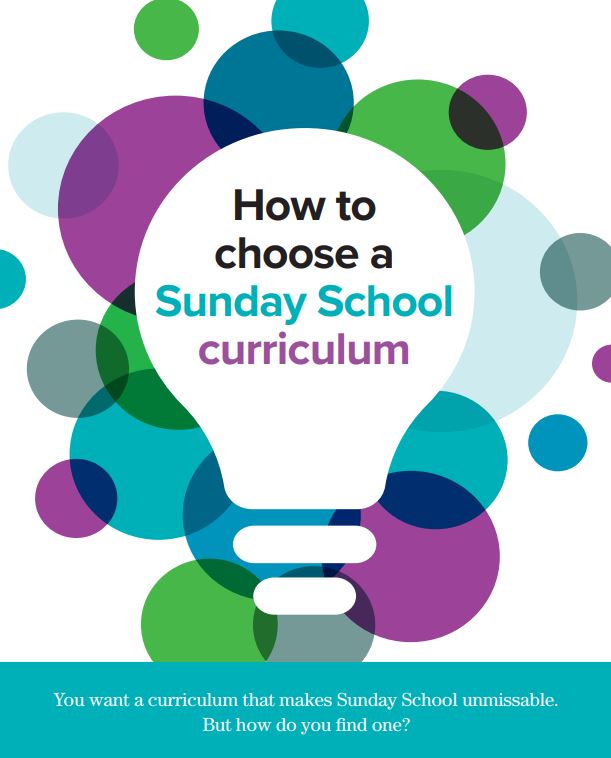
When God called Moses at the burning bush to lead the Children of Israel out of Egypt, Moses protested because he did not feel qualified. Exodus 3:1 through 4:17 gives us this account. After many excuses on the part of Moses, we read this: “Then the LORD asked him, ‘What is that in your hand?’” (4:2, NLT).
Do your students know what is in their hand? Each student in your classroom is filled with amazing strengths and talents—if only they knew how to fully use those God-given gifts for the Kingdom. As we each recognize we are made in the image of God (Genesis 1:27), we also should recognize that we are each uniquely made by Him (Psalm 139) and seek to learn more about ourselves and what we can best bring to the kingdom of God.
How can you help your students fully develop their abilities and be the persons God called them to be? Let’s look at several methods you can use in your classroom, or as an extracurricular activity, to help students uncover and embrace their God-given design. Before you delve into methods for helping them discover more about themselves, help them to realize these things:
- Understanding their calling is not about helping them gain a new status or position, but about helping them uncover their true identity and follow God more closely.
- Finding their calling is a realistic goal for each of them. Knowing how God made them uniquely can be highly fulfilling.
Many personality studies, spiritual-gift studies, and strengths studies exist to help students discover what they can best contribute to the body of Christ. We are only recommending a few studies here. Become familiar with the following studies in order to better help your students become who God intended them to be.
The Four Temperaments
Many authors have covered material on this subject, the most well-known being Tim LaHaye, Florence Littauer, and Gary Smalley. The premise is that personalities fall into one of four basic categories: sanguine, choleric, melancholy, or phlegmatic. We suggest using material from one of these three authors to help your students discover which temperament category they most closely align with.
The Myers-Briggs Personality Inventory
This widely known personality study is used by many organizations, including universities and institutions, corporations, and counselors. The Myers-Briggs inventory divides personalities into one of sixteen basic categories. Students could find a free test online; this one is very basic and provides good explanations of the results: http://www.16personalities.com/free-personality-test.
CliftonStrengths by Gallup
This study starts with the principle that people operate best when working from their strengths, rather than trying to resolve their weaknesses, and identifies over thirty-four personality themes. Many church staffs have benefited by understanding each other’s strengths in light of this testing. Offered by Gallup, a business consulting firm, the study has published several books on this topic. Find more information at this link: http://www.strengthsquest.com/content/141728/index.aspx.
Network Spiritual Gifts Assessment
This Network assessment was written to help Christians discover what skills they are uniquely gifted to bring to the body of Christ. Try the assessment here: http://www.pcumc.info/pdf/SpiritualGiftsAssessment.pdf.
Understanding your own and your students’ gifts and strengths will help you and your students better minister to others. For example, a more introverted personality may not want to pray in public but would be excellent at ministering one on one. You may want to use an extroverted personality to give class announcements or lead in a group activity. Point out to your students that no one personality type is “better than” another. As a teacher, an awareness of the strengths and weaknesses of your students will help you help them grow in Christ.
All Christians should be aware of making the study of gifts and personality type an excuse for not serving outside of their “type,” or comfort zone. At times, the Holy Spirit will move in our lives in exceptional ways; we all need to watch for those moments (Zechariah 4:6). Also help your students to understand that they should not use personality type as an excuse for behaving poorly, (i.e., “That’s just the way God made me!”) or for resisting a change in their ways.
Once your students understand their gifts and personality strengths, work with your church leadership to help your students find places of service, if they are not already serving. You as a teacher can help your students grow spiritually as they discover what God has placed in their hand and find a place to serve.



